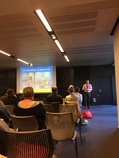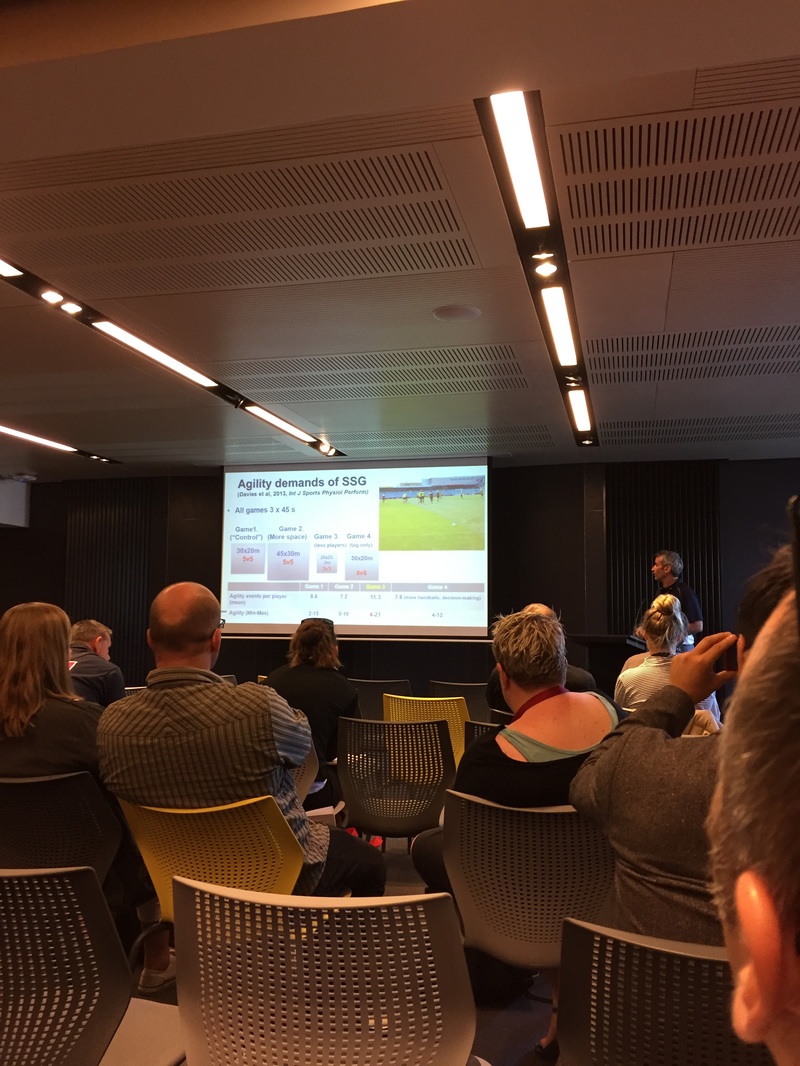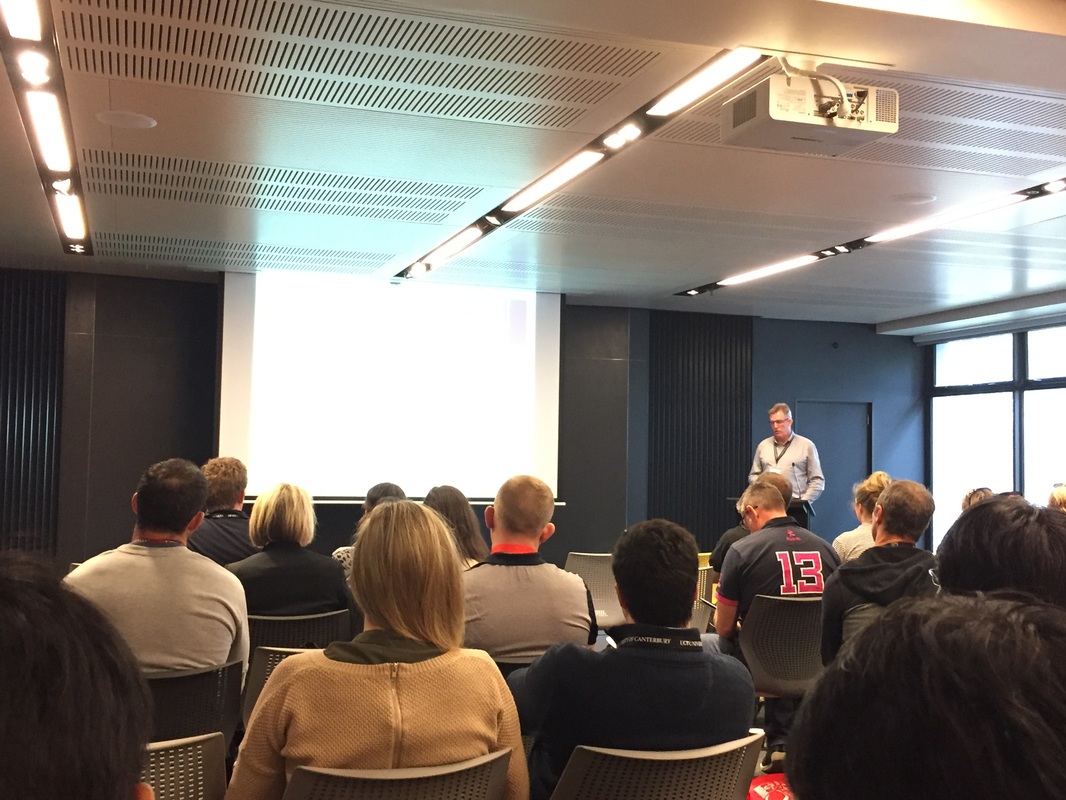Click here for programme, invited speaker abstracts, workshop abstracts and speaker abstracts.
Day 1: Keynote presentations, invited guests and research presentations.
Keynote: Dr Stephen Harvey (West Virginia University, US) |
Invited Speaker: Dr John Evans (University of Sydney, Aust) |
Invited Speaker: Dr Warren Young (Federation University, Aust) |
Invited Speaker: Dr John McKee (Fijian National Rugby Coach) |







